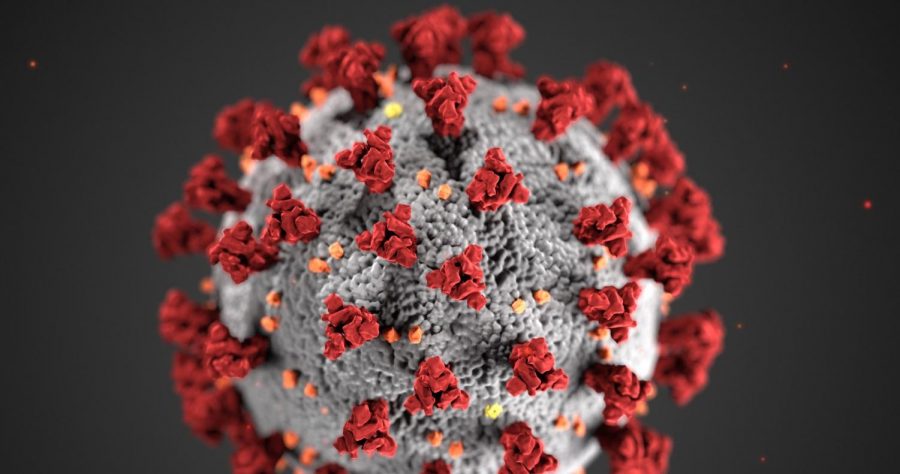More contagious variant of COVID-19 prompts Christmas lockdown, tightened travel restrictions in U.K.
A new variation of COVID-19 has U.K. researchers and others concerned
December 25, 2020
A new variation of SARS-CoV-2, also known as coronavirus, caught the attention of researchers when it began to show up more frequently in samples from parts of Southern England. As a result of the emergence of this new strain of the virus, Prime Minister Boris Johnson tightened restrictions during Christmas in the United Kingdom.
This variation is among many that have arisen since the beginning of the pandemic, according to scientists that spoke to The New York Times. This new variant, known as “B.1.1.7 lineage”, has its own distinctive set of mutations that prompted Johnson and officials in the Netherlands, Germany and other European countries to ban travel from the U.K.
Researchers began monitoring the new strain earlier this month, but it appears that this variation was first seen in patients in September.
According to researchers, the new strain seems to be more contagious, but there is no strong evidence that this variety of COVID-19 is any more severe — at least not yet. However, the possibility of it becoming more severe is being taken seriously.
During preliminary studies, people from South Africa infected with a variant similar to B.1.1.7 have been shown to carry a heightened viral load. This means a higher concentration of the virus manifests itself in their upper respiratory tract, causing more severe symptoms, according to The New York Times.
Part of the ongoing debate is focused on whether the heavily mutated virus could have produced its variants through new mutations inside a special set of hosts. For instance, the virus lives longer in an immunocompromised host, where it can survive for months and has the ability to replicate and mutate numerous times.
Another, related possibility that researchers are studying, is that the variant may have further evolved as a result of treatments given to such patients. Some mutants might create a resistance to drugs such as monoclonal antibodies.
Some researchers believe another way that it could have mutated was by spreading through an animal population, like minks, before re-entering human hosts. This has been a focal point, because more infections have been detected by studying this possibility.
Most experts doubt that it will have any great impact on the efficacy of vaccines, but they have not yet been able to rule out that possibility.
Dr. Anthony Fauci, a White House coronavirus task force advisor and director of the National Institute of Allergy and Infectious Diseases, stated that the new strain is likely already in the U.S.
“We have to make that assumption [that it has arrived in the U.S.]” said Fauci on PBS News Hour Monday. “When you see something that is pretty prevalent in a place like the U.K., there are also mutations that we’re seeing in South Africa, and given travel throughout the world, I would not be surprised if it’s already here. When we start to look for it we’re gonna find it.”
Fauci stated, that suspending travel may not be necessary. But, testing arrivals from the U.K for the coronavirus should be considered.


